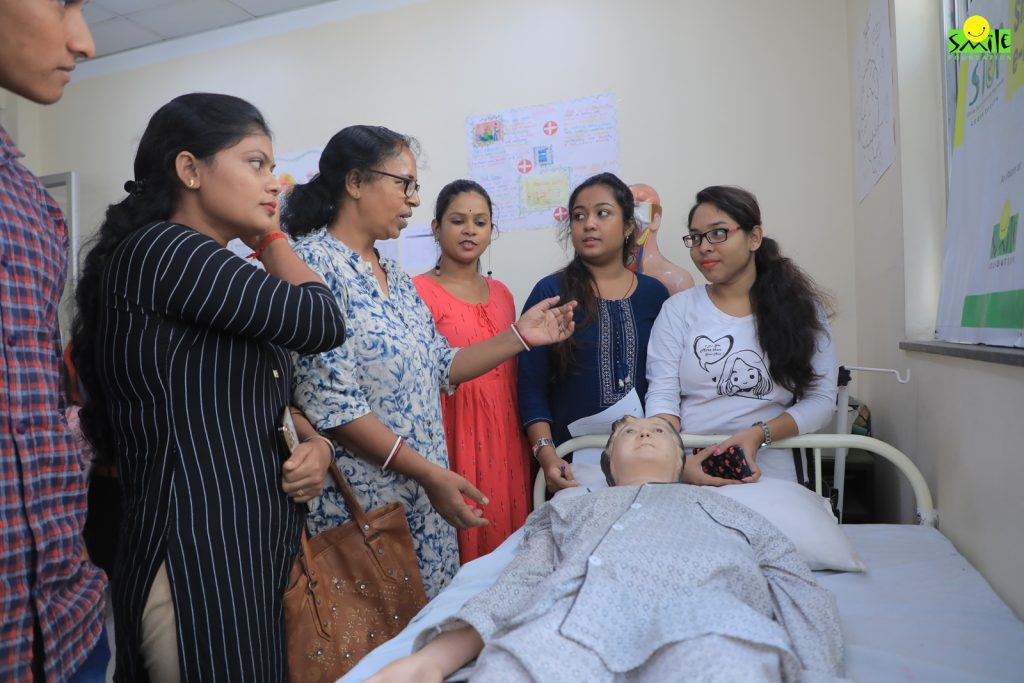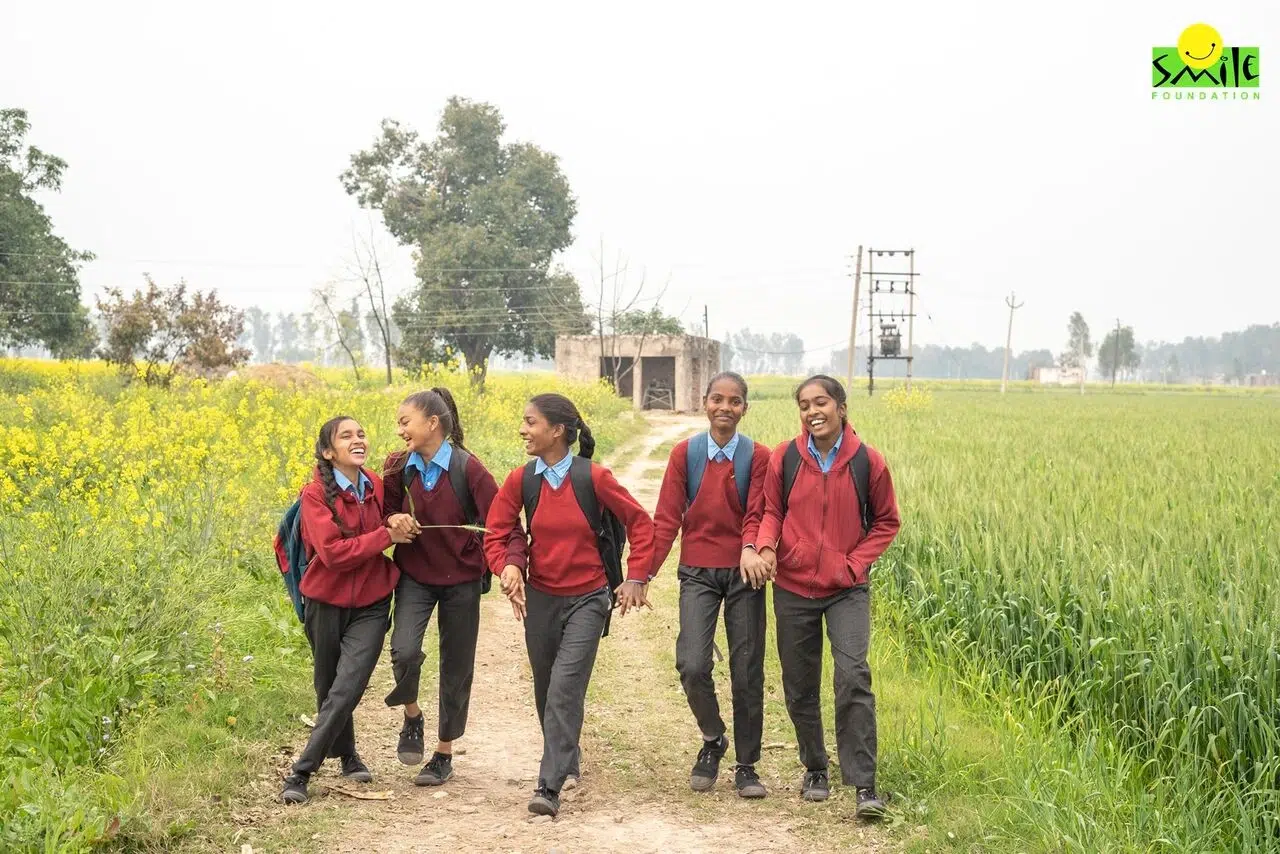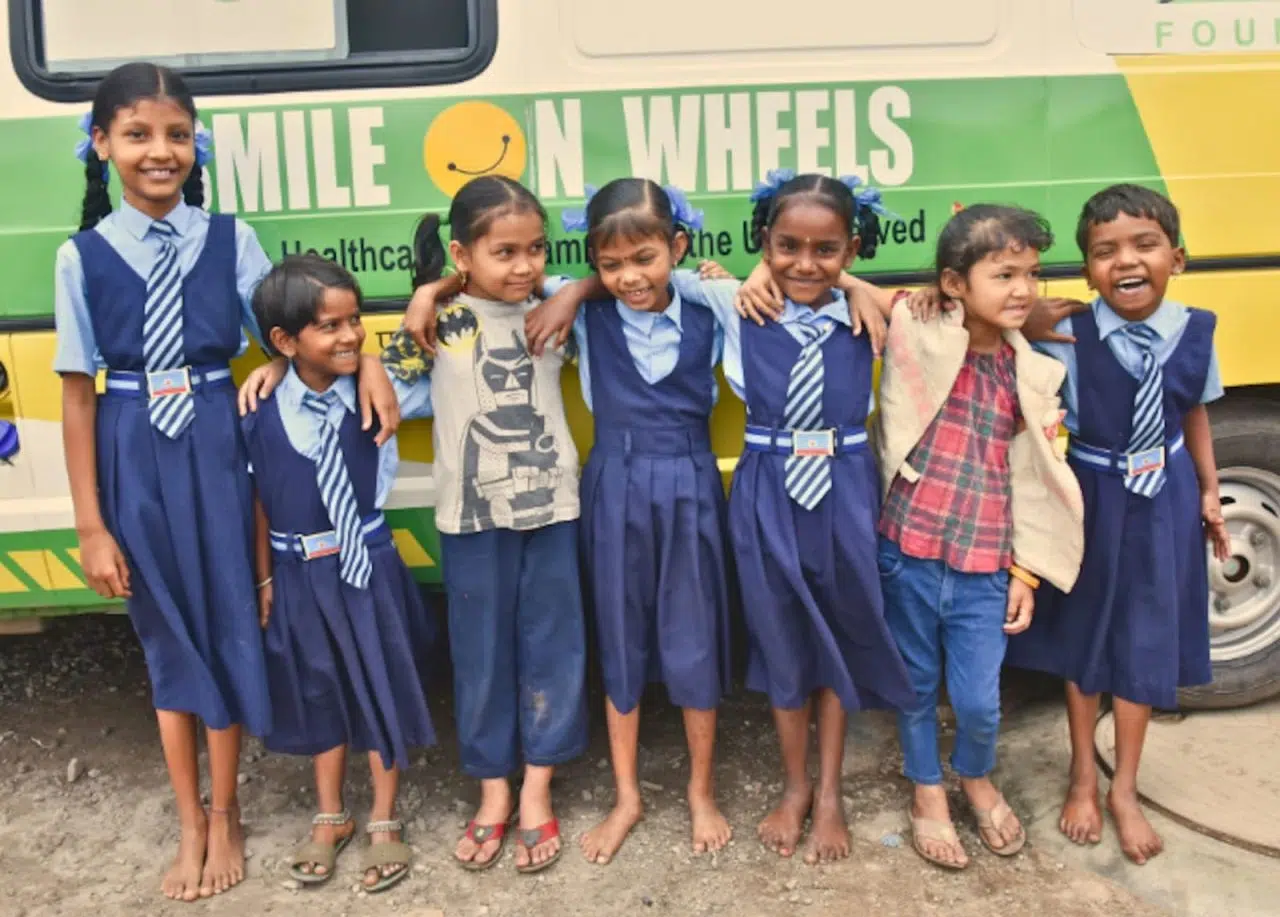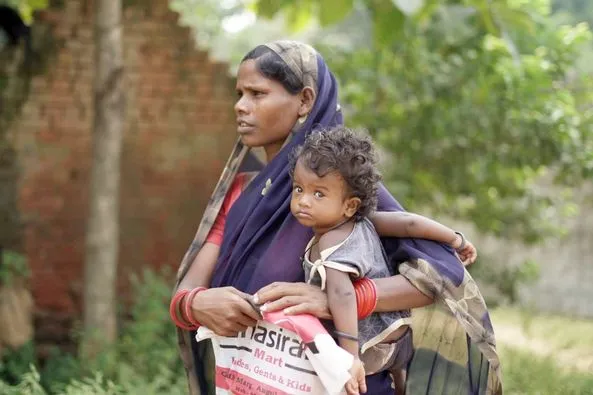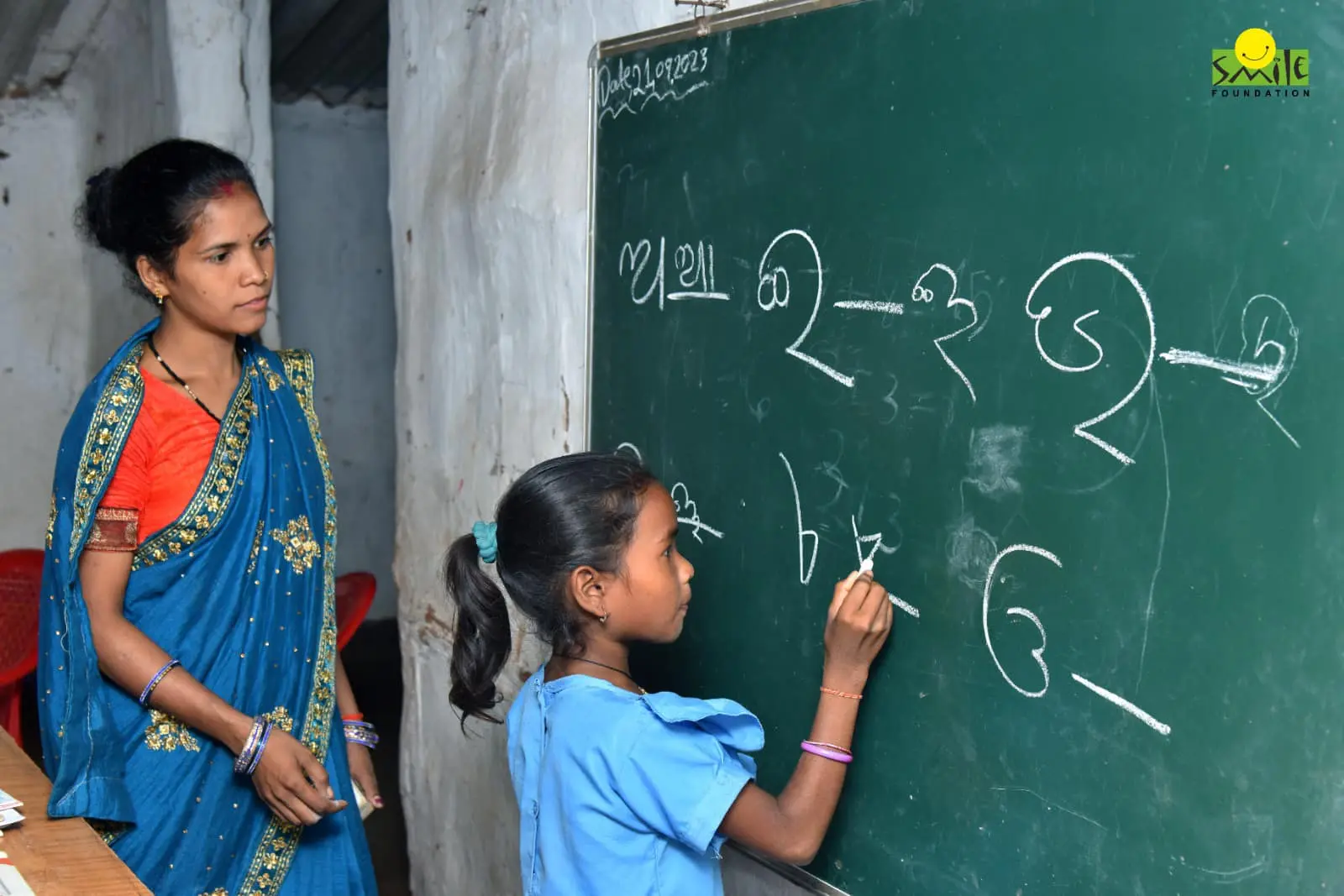India is a young country with a median age of 28 suggesting India will continue to enjoy its demographic advantage up to the end of this century. This means that the country has a large population of youth who are entering the workforce. Apart from its competitive workforce, India also has a consumption power advantage in the near future over other nations.
India, despite its burgeoning workforce, faces a significant skills gap. The misalignment between the skills possessed by job seekers and the requirements of the job market poses a challenge to sustainable economic growth. This gap can be attributed to factors such as outdated education systems, inadequate vocational training, and the rapid evolution of industry needs.
Addressing The Skill Development Challenge
Skilling and upskilling can help to address this challenge by providing youth with the skills they need to get good jobs. There are a number of ways in which skilling can help with the employment of Indian youth:
- Improving job prospects: By acquiring the right skills, youth can improve their chances of getting a good job. This is because employers are increasingly looking for highly skilled workers who do not need to be extensively trained in their jobs. Given the fact that many higher education universities are taking cognisance of the fact that students need to have workplace acumen in them in their learning years, skilling is going to be one of the major agendas of both public and private entities.
- Raising wages: Skilled workers tend to earn higher wages than unskilled workers. This is because they are more productive and can do more complex tasks. Making more money directly translates to higher purchasing power and a better quality of life. Moving beyond the basic needs is both the need of the hour and the only natural progression to building real wealth.
- Creating new jobs: Skilled workers can help to create new jobs by starting their own businesses or by working in innovative industries. The entrepreneurship climate of the country is on an upward motion with many skilled people trying to make a make in the business world and as a result, creating job opportunities for others.
- Improving the economy: A skilled workforce is essential for a strong economy. This is because skilled workers can help to boost productivity, innovation, and economic growth. Innovation is the driving force of global competition. As many skilled workers are added to the workforce, India will have a better chance as an expanding economy.
What is the State Doing?
The Indian government has implemented several initiatives to promote employment generation and skill development. Programmes such as “Skill India” aim to enhance the skills of individuals and make them job-ready. The government has also encouraged foreign investment and ease of doing business, attracting multinational companies and creating employment opportunities.
To tackle the skills gap and boost employment prospects, the Indian government has launched several initiatives and programmes:
Skill India Mission
Launched in 2015, Skill India aims to provide skill training to millions of youth across the country. It focuses on sectors such as manufacturing, construction, healthcare, tourism, and information technology. The mission offers various skill development programs, entrepreneurship opportunities, and recognition of prior learning.
National Skill Development Corporation (NSDC)
The NSDC plays a crucial role in fostering skill development initiatives. It collaborates with training partners, industry bodies, and vocational training providers to enhance skilling efforts. The NSDC also facilitates the creation of Sector Skill Councils (SSCs) to bridge the gap between industry needs and training programs.
However, more needs to be done. The government needs to work with the private and development sector to scale up skill development programmes. There also needs to be a focus on creating more quality jobs that require skills.
Actions To Address The Skilling Challenge in India
- Improve the quality of training: The government, the private sector and development organisations need to work together to improve the quality of training programmes. This includes making sure that programmes are up-to-date, that they are delivered by qualified trainers, and that they are relevant to the needs of the job market.
- Raise awareness about the importance of skills: The government needs to raise awareness about the importance of skills. This includes educating people about high-paying jobs that require only skills and the benefits of having a skilled workforce.
- Make training more accessible: There is a need to make training more accessible to people from all backgrounds. This includes providing training in rural areas, making training affordable, and providing support to people with disabilities and people from marginalized communities.
- Coordination between the education system and the job market: All the capacity-building stakeholders need to coordinate between the education system and the job market. This includes making sure that the education system is preparing students with the skills that are needed in the job market.
Recognizing the importance of skilling, India has been working towards integrating skilling into the education system. Efforts are being made to create a holistic learning environment that combines academic knowledge with practical skills. Public-private partnerships are being encouraged to strengthen vocational training institutions and enhance the employability of graduates.
To bridge the gap between academia and industry, collaborations and partnerships are being encouraged. Industries are actively participating in curriculum development, internship programs, and guest lectures to ensure that education aligns with real-world requirements. These collaborations enhance the industry relevance of education and provide students with practical exposure.
Smile Foundation and Skill Development
Smile Foundation believes that the logical end of learning is respectable earning. To break out of generational poverty, our livelihood programme, STeP (Smile Twin e-Learning Programme) is implemented in urban villages and rural remote areas of the nation so that the youth from underserved communities are skilled properly and the employment numbers rise up. We want our young demographic to contribute significantly towards the economic rise of India and look forward to your kind support in this journey.



